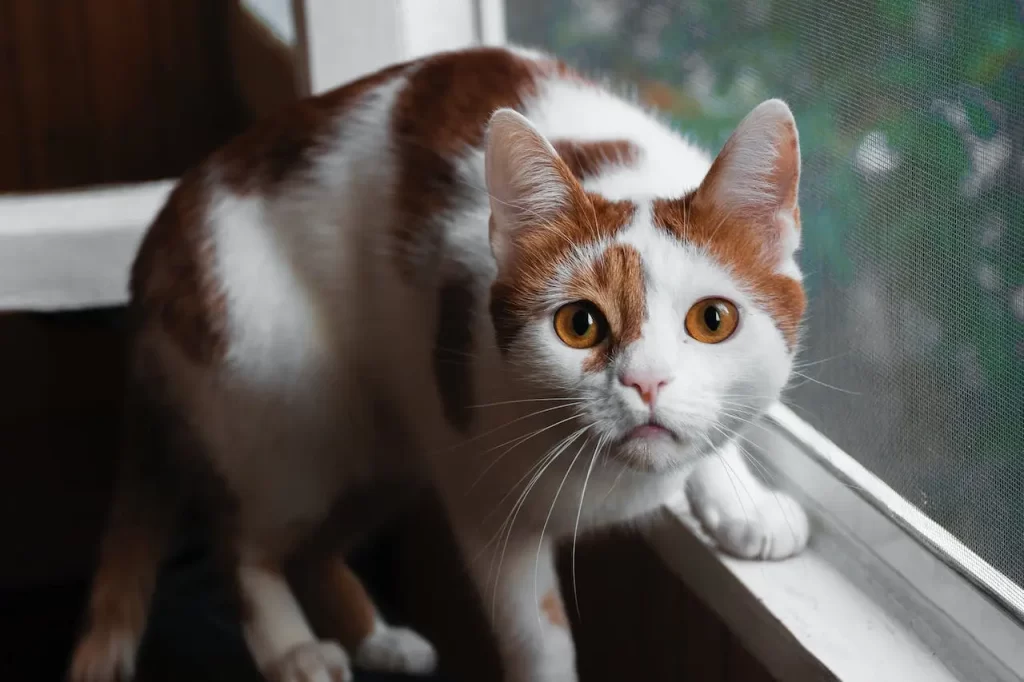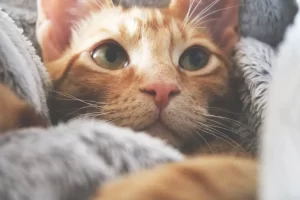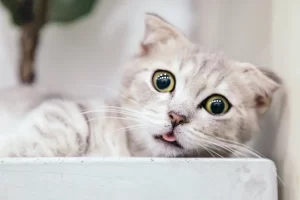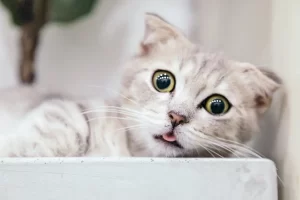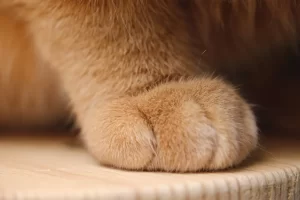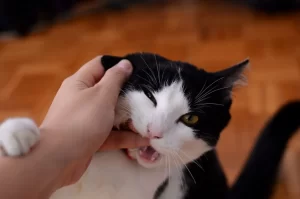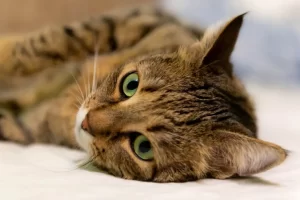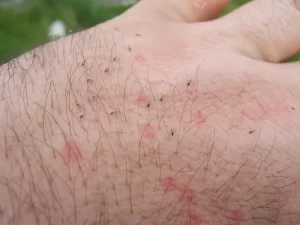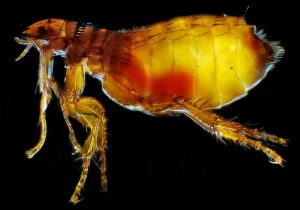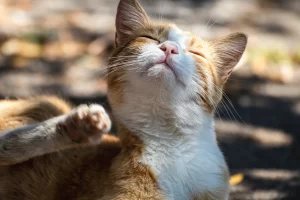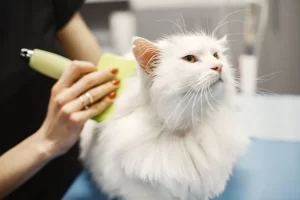Gastroenteritis is a common ailment in cats, characterized by inflammation of the stomach and intestines, leading to symptoms such as vomiting, diarrhea, and abdominal discomfort. While it is essential to consult with a veterinarian for proper diagnosis and treatment, there are several home remedies that can help alleviate your cat’s discomfort and support their recovery. In this article, we will discuss 15 effective gastroenteritis in cats home treatments, along with detailed instructions to provide relief and answer your questions.
Home Remedies for Gastroenteritis in Cats
Fasting
Fasting for 12-24 hours can help the cat’s digestive system rest and recover. Ensure your cat has access to fresh water during this time. Gradually reintroduce a bland diet afterward.
Bland Diet
Offer a bland diet of boiled chicken or rice. This easily digestible food can help soothe your cat’s stomach. Feed small, frequent meals to prevent overloading the digestive system.
Ginger
Ginger can help reduce nausea and vomiting in cats. You can offer a small amount of fresh ginger tea (cooled) or add a pinch of ginger powder to their food.
Slippery Elm Bark
Slippery elm bark can soothe the digestive tract. Mix a small amount of powdered slippery elm with water and give it to your cat as directed by your veterinarian.
Probiotics
Probiotic supplements can restore the balance of beneficial gut bacteria. Ask your vet for a cat-friendly probiotic and follow their dosing instructions.
Peppermint Tea
Peppermint tea, when cooled, can alleviate nausea and digestive discomfort. Offer a few sips to your cat, ensuring it’s unsweetened and caffeine-free.
Bismuth Subsalicylate (Pepto-Bismol)
Consult your veterinarian for the correct dosage of Pepto-Bismol, which can help control diarrhea and soothe an upset stomach.
Chamomile
Chamomile tea can have anti-inflammatory and calming properties. Serve a small amount of cooled, unsweetened chamomile tea to your cat.
Pumpkin
Canned pumpkin is rich in fiber and can help regulate bowel movements. Offer a small amount as a dietary supplement.
Aloe Vera Juice
Aloe vera juice, in small quantities, can help reduce inflammation and soothe the gastrointestinal tract. Ensure it’s free of any added sugars or preservatives.
Bone Broth
Bone broth is nutritious and hydrating. Offer your cat a small amount to keep them hydrated and provide essential nutrients.
Hydration
Ensure your cat drinks plenty of water to prevent dehydration. You can encourage drinking by offering ice cubes or a cat water fountain.
Rice Water
Rice water, the liquid left after boiling rice, can help soothe an upset stomach. Allow it to cool before offering it to your cat in small amounts.
Catnip
Catnip can stimulate your cat’s appetite and reduce nausea. A pinch of dried catnip or a catnip toy can be helpful.
Mild Exercise
Gentle play or short walks can help relieve stress and stimulate your cat’s digestive system. Be cautious not to overexert them.
Gastroenteritis in cats can be a distressing experience, but these home remedies, when used under the guidance of your veterinarian, can provide relief and support the healing process. Always consult with your vet for a proper diagnosis and treatment plan, and remember that severe or prolonged symptoms may require professional medical attention. Monitoring your cat’s condition and providing them with love and care during their recovery is essential for their well-being.

